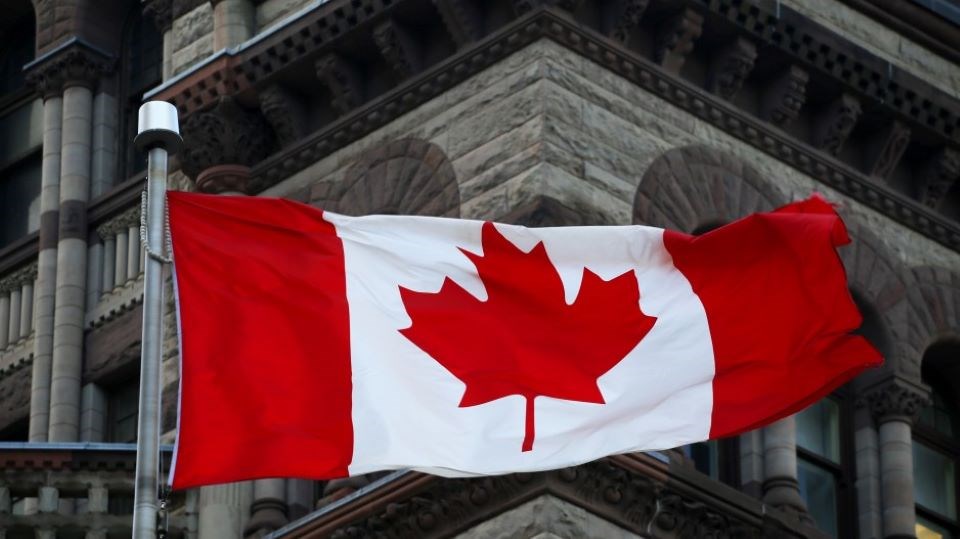In this century, federal elections in Canada have been won by parties that establish an emotional connection with voters.
When the government in Ottawa changed hands in 2006, the percolating “sponsorship scandal” was one of the issues that allowed the Conservative Party, led by Stephen Harper, to call for change.
In 2015, the effect of Justin Trudeau’s leadership gave the Liberal Party seats that they did not think about winning and that have been impossible to hang on to ever since.
Earlier this month, Research Co. and Glacier Media provided Canadians with a list of 18 different words and characteristics and asked them to choose up to six that described each one of the three main federal party leaders. Nine of the words are positive, while nine are negative.
The words used the most by Canadians to describe Prime Minister and Liberal Party leader Justin Trudeau are arrogant (37 per cent), dishonest (36 per cent), out of touch (35 per cent), intelligent (also 35 per cent), inefficient (31 per cent) and foolish (29 per cent).
Almost half of Canadians aged 55 and over (46 per cent) saved one of their “votes” for arrogant.
This word, unsurprisingly, was also top of mind for respondents in Alberta (52 per cent), Saskatchewan and Manitoba (43 per cent) and British Columbia (41 per cent). In Atlantic Canada, where the Trudeau-led Liberals won every federal seat in 2015, 42 per cent of residents also think of arrogance when they ponder the prime minister.
When Canadians rely on the same list of words and characteristics to describe official Opposition and Conservative Party leader Pierre Poilievre, arrogant is also at the top of the list at 39 per cent, followed by intelligent (34 per cent), out of touch (29 per cent), dishonest (28 per cent), strong (26 per cent) and uncaring (23 per cent).
As was the case with Trudeau, Canadians aged 55 and over are not looking at Poilievre as particularly humble: 49 per cent of them describe him as arrogant. This indicator is also high in Quebec (44 per cent) and Saskatchewan and Manitoba (43 per cent).
More than one in four Canadians (26 per cent) think Poilievre is strong, seven points more than the current prime minister. This figure rises to 29 per cent among Canadians aged 35 to 54. There is a significant gender gap on intelligence: 37 per cent of men think the Conservative leader embodies this quality, compared to 30 per cent of women.
New Democratic Party (NDP) leader Jagmeet Singh posts significantly better scores. The top six words and characteristics used by Canadians to describe him are all positive: Compassionate (40 per cent), intelligent (37 per cent), honest (35 per cent), down to earth (also 35 per cent), open (30 per cent) and in touch (27 per cent).
While practically two in five Canadians think Trudeau and Poilievre are arrogant, only 14 per cent feel the same way about Singh. More than a quarter of Canadians feel the leaders of the Liberals and the Conservatives are dishonest, compared to a score of 16 per cent for the leader of the New Democrats.
The results of this survey echo how Canadians were feeling about federal leaders before the 2011 federal election. At the time, NDP leader Jack Layton began to climb the charts on some personal attributes, as Liberal leader Michael Ignatieff lost ground – with particularly high numbers on arrogance. In the end, voters shifted from the Liberals to the NDP, as the Conservatives maintained support and ultimately formed a majority government under Harper, whose negatives across the country were similar to what we currently see for Trudeau.
The results of this survey should not be a surprise for NDP supporters. Singh has reached the final stages of the last two federal campaigns as the leader with the highest approval rating at the national level: 57 per cent on the eve of the 2019 election and 51 per cent right before the 2021 ballot. His challenge continues to be turning personal favourability into seats, a feat that Layton was able to achieve, in large part after Ignatieff’s dubitative debate performances.
It is important to note that the electorate is not overly keen on anyone right now.
There is little momentum for two emotions that move voters. Fewer than one in 10 Canadians (nine per cent) used exciting as one of the words to describe Trudeau or Poilievre, with Singh doing marginally better at 12 per cent. The three party leaders are practically tied (17 per cent for both Trudeau and Poilievre, and 18 per cent for Singh) when Canadians are asked if they are efficient.
Campaigns can move these numbers. In March 2011, few would have predicted the NDP as the official Opposition and the Conservatives with a majority in an election precipitated by the federal government being found “in contempt of Parliament.” Right now, the emotional connection of Canadians with Trudeau and Poilievre is mostly negative. Trudeau will need to rekindle with the base that elected him and turn back the dial on dishonesty. Clear ideas and proposals will define whether Poilievre can succeed where his predecessors failed: Being seen as an efficient manager.
Mario Canseco is president of Research Co.
Results are based on an online study conducted from April 22-24, 2023, among 1,000 adults in Canada. The data has been statistically weighted according to Canadian census figures for age, gender and region. The margin of error, which measures sample variability, is plus or minus 3.1 percentage points, 19 times out of 20.




